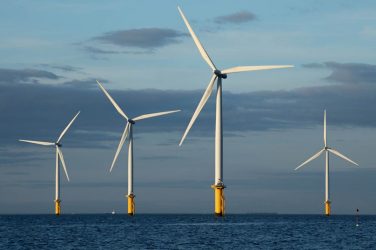Two of the UK’s five remaining nuclear power stations are set to close in the next few years, sparking concerns about the country’s energy security and the transition to renewable energy. The Hartlepool, on Teeside in the northeast of England, and Heysham 1, in Lancashire in northwest England, were set to close in March next year, however, the energy giant EDF has announced that they will be kept opened until early 2026.
These closures highlight the challenges facing the UK’s nuclear industry, since the two power stations currently provide around 5% of the country’s electricity. Nuclear power has long been controversial due to concerns over safety and nuclear waste, as well as the high cost of building and maintaining nuclear plants.
The UK government has pledged to reach net-zero emissions by 2050, and nuclear power is seen by some as a key part of the transition to renewable energy. However, with the closure of Heysham 1 and Hartlepool, the UK will lose around 4 GW of nuclear capacity, equivalent to the output of four large coal-fired power stations.
The government is currently considering plans to build a new fleet of nuclear power stations, including the controversial Hinkley Point C in Somerset, which is currently the only one under construction. However, critics argue that nuclear power is not a sustainable or cost-effective solution to the UK’s energy needs, and that the government should focus on investing in renewables such as wind and solar power.
The closure of these nuclear power stations also raises questions about the future of the UK’s nuclear workforce. Thousands of jobs are at risk as a result of the closures, and there are concerns that the loss of expertise could make it more difficult to build and maintain new nuclear power stations in the future.
Moreover, the EDF decision to keep them opened until 2026 comes from a time that highlighted the “vital importance” of bolstering energy security, as Secretary of State Grant Shapps has stated referring to all the energy issues caused by Russia’s invasion of Ukraine.









Show Comments